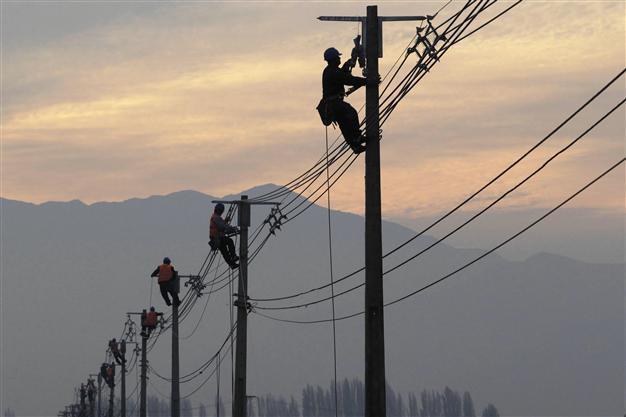Frustrated electricity traders eye Turkey
PRAGUE - Reuters

Investors complain about the protectionist measures in the electricity markets of Bulgaria, Romania and Greece, while professionals agree Turkey casts an alternative.
European power traders say they are looking to new markets in Turkey and areas further east, frustrated by growing regulatory, political and economic risks in local markets, participants at an industry seminar said this week.In the past few years power markets have been opening up in southeast Europe, where grid connections are good and there is scope for prices to rise. But traders said liberalization is not moving fast enough in some areas and that new obstacles appear in a number of markets, including Bulgaria, Romania and Greece.
“There is a lot of interest among traders to do business in SEE, but at the same time we are struggling to remove some market barriers,” said Claus Urbanke, a representative of the European Federation of Energy Traders (EFET) and head of new markets at Statkraft Trading.
In February, market participants criticized decisions by several local grid operators to limit cross-border trading and cut exports during a spell of extreme cold. Traders lost booked capacities and money.
Çağdaş Ozan Ateş, the head of emerging markets power trading at Danske Commodities, called his presentation on trading in the region, “Walking a Minefield”. He cited e-mails from trading partners who refused to pay for delivered power or close already agreed deals.
Increasingly fed up with limits on opportunities to trade in Central and South East Europe, a number of traders have started to point to Turkey. Turkey’s annual power consumption is above 200 terawatt-hours.
“Decision-makers are listening, and that’s a good thing about Turkey,” Danske’s Ateş said. “Now you have Turkey as very large market that is opening up and is called the China of Europe. Turks have a very clear idea how they want to develop their market,” Urbanke said.
















